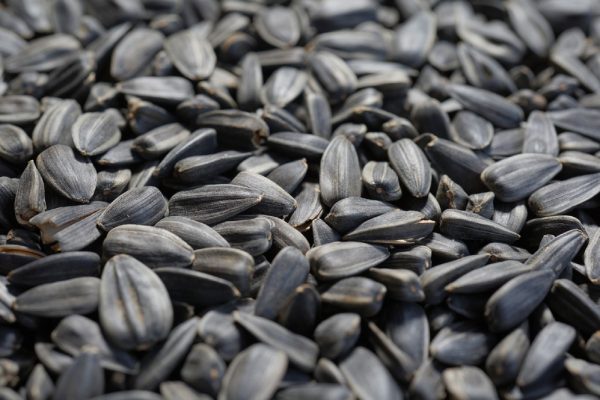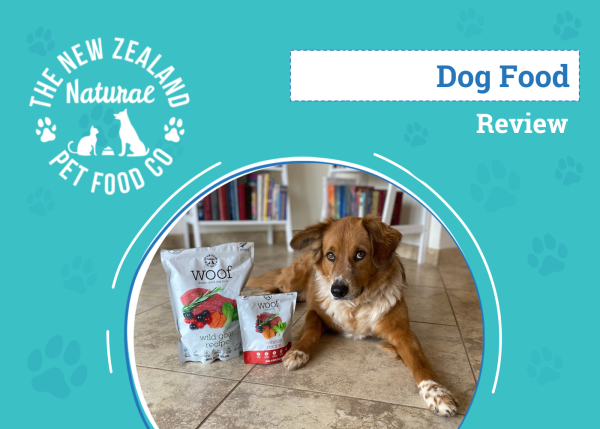In this article
Is any comfort food quite as comforting as a plate of ooey-gooey mozzarella sticks? We don’t think so! The next time you find yourself with a plate of perfectly golden mozzarella sticks, you might find your dog curiously sniffing around to see what that fantastic scent is. Can you break off a piece of your delicious snack and share the beauty of mozzarella sticks with your pup? Is it safe?
Well, the answer isn’t so cut and dry. Your dog can probably eat mozzarella cheese safely (keyword: probably). Keep reading to learn more.

What Are Mozzarella Sticks?
Let us enlighten you if you’re not well-versed in quintessential American cuisine.
Mozzarella sticks are sticks of battered or breaded mozzarella cheese. They are put into a deep fryer for a golden, crispy, and cheesy finish. They’re served as an appetizer and often come with a marinara sauce for dipping.
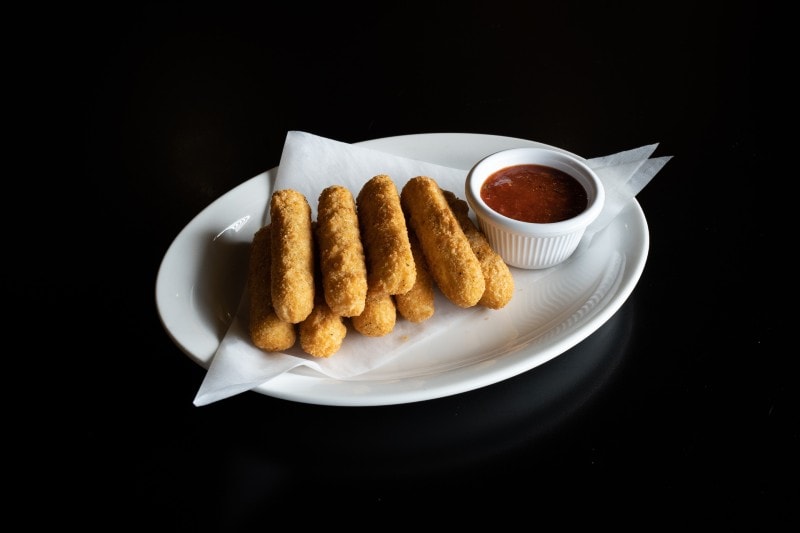
Can Dogs Eat Cheese?
Cheese can safely be fed to dogs, but there are several things to remember before you do so. Cheese is very high in fat. Too much can make your dog (and you!) gain weight. So, it’s best to serve your dog cheese lower in fat, such as goat cheese, cottage cheese, or mozzarella.
Some cheese contains herbs or things like garlic or onions that are toxic to dogs. If you don’t know what’s going into the cheese in your mozzarella sticks, don’t feed it to your pup.
Some dogs are lactose intolerant and don’t digest dairy products well. Cheese generally contains much less lactose than whole milk, but dogs with severe lactose intolerance can react even if you’re feeding cheese in small quantities. Mozzarella has less lactose than other types of cheese but should be avoided if your dog has any signs of lactose intolerance.
Mozz sticks are high in saturated fat and sodium, which is something you should avoid. Too much sodium can be dangerous, as it can cause your dog to develop hypernatremia (higher than average concentrations of sodium in the blood). This can result in increased thirst, confusion, vomiting, diarrhea, and even comas or seizures.
Are There Benefits of Cheese?
Mozzarella is relatively low in fat and calories compared to other cheese. In addition, it contains probiotics that can help your dog’s digestion and inhibit harmful bacteria. It’s also a great source of vitamin B7 (biotin), which can help with skin conditions and may play a part in digestion and muscle formation.
Some trainers like to use cheese to encourage treat-motivated dogs. It’s also an excellent way for owners to conceal pills for dogs who need medication.
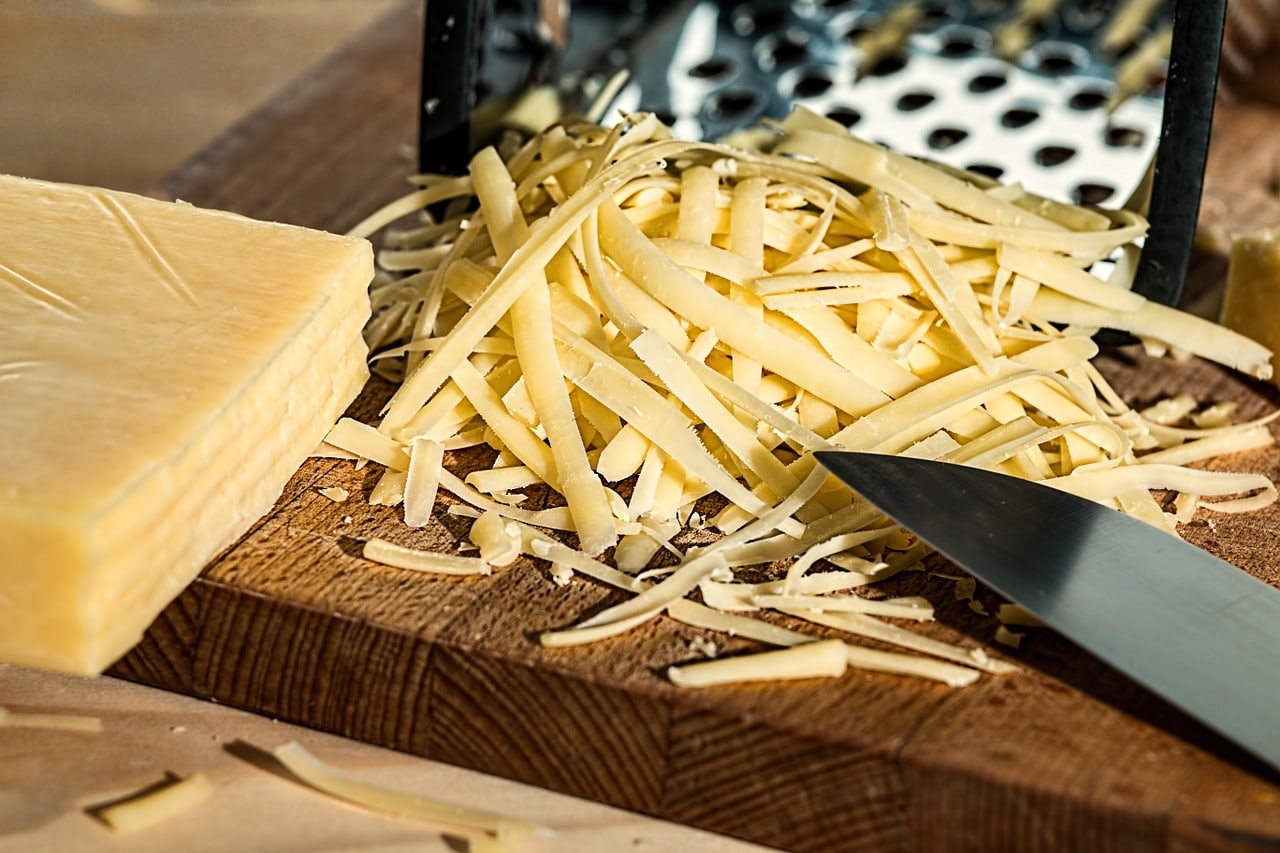
What About the Breading?
The crispy coating of a perfectly deep-fried mozzarella stick is part of the food’s allure. But is that breading going to harm your dog? It could.
If you’re making homemade mozzarella sticks, you’ll know exactly what’s going into the breading or batter. But when you’re ordering them from a restaurant, there’s no way to know what other ingredients are used to make them. So, it’s best to avoid giving your dog part of the breading.
Can Dogs Eat Marinara Sauce?
Your dog shouldn’t eat marinara sauce or any other tomato-based sauce. Both canned and homemade marinara sauces will contain spices like onions and garlic that are toxic for dogs. This dip is also typically high in sodium, which can lead to dehydration if eaten in excess amounts.
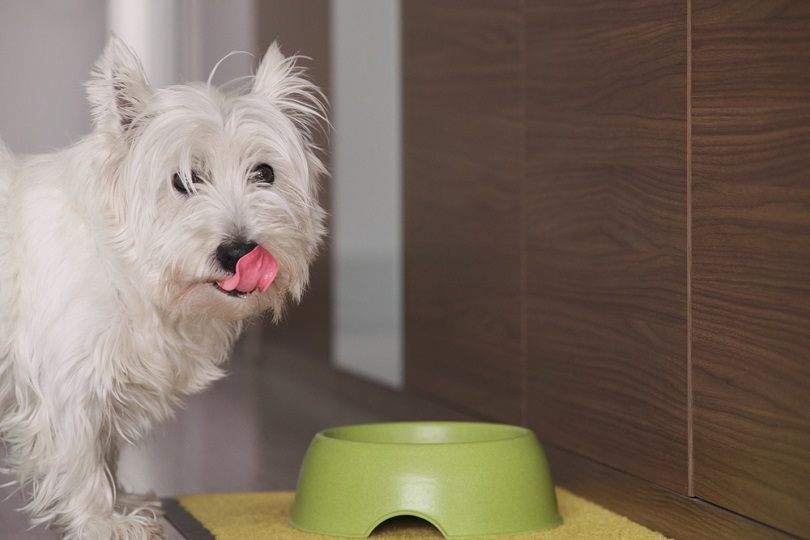
How to Serve Mozzarella Sticks to Your Dog
Since mozzarella sticks are high in fat and salt, we don’t recommend making them a regular part of your pup’s diet. If you’re eating a mozzarella stick for dinner and break off a small piece and give your dog a taste of the cheese (not the breading), it likely will not pose a major problem, but it is best to feed in moderation.
If you need to speak with a vet but can't get to one, head over to PangoVet. It's our online service where you can talk to a vet online and get the advice you need for your pet — all at an affordable price!

Final Thoughts
While the mozzarella cheese in mozzarella sticks does offer some health benefits for dogs, these benefits are largely negated by the fact that this delicious treat is high in fat and sodium, and is deep fried. A small piece of the cheese probably won’t harm your dog, provided he or she is not lactose intolerant. In general, there are much tastier and healthier treat options made specifically for dogs that we’d recommend offering your pup when they show interest in your plate of mozzarella sticks.
See also:
- Can Dogs Eat Fritos? Is It Safe or Unhealthy?
- Can Dogs Eat Corned Beef? How to Keep Your Dog Safe Work!














